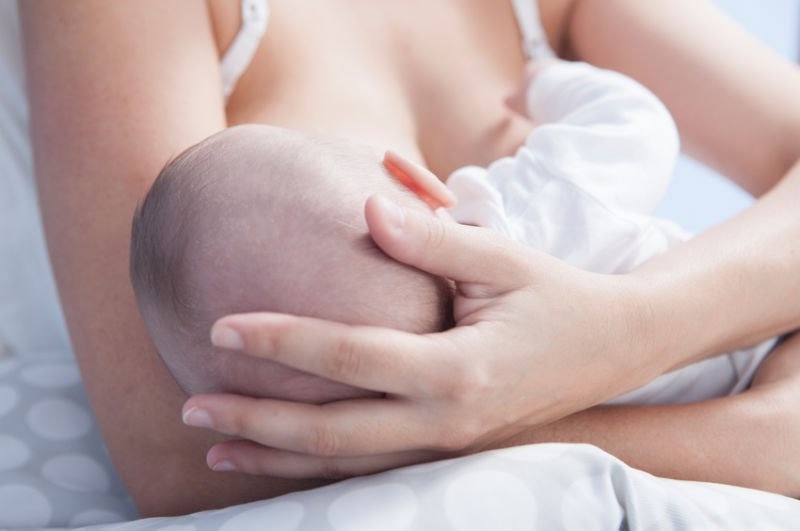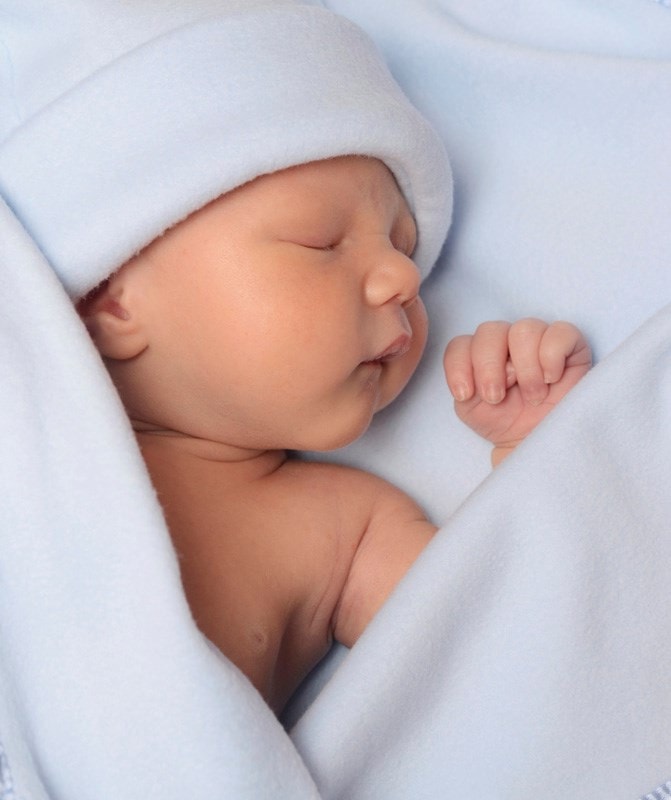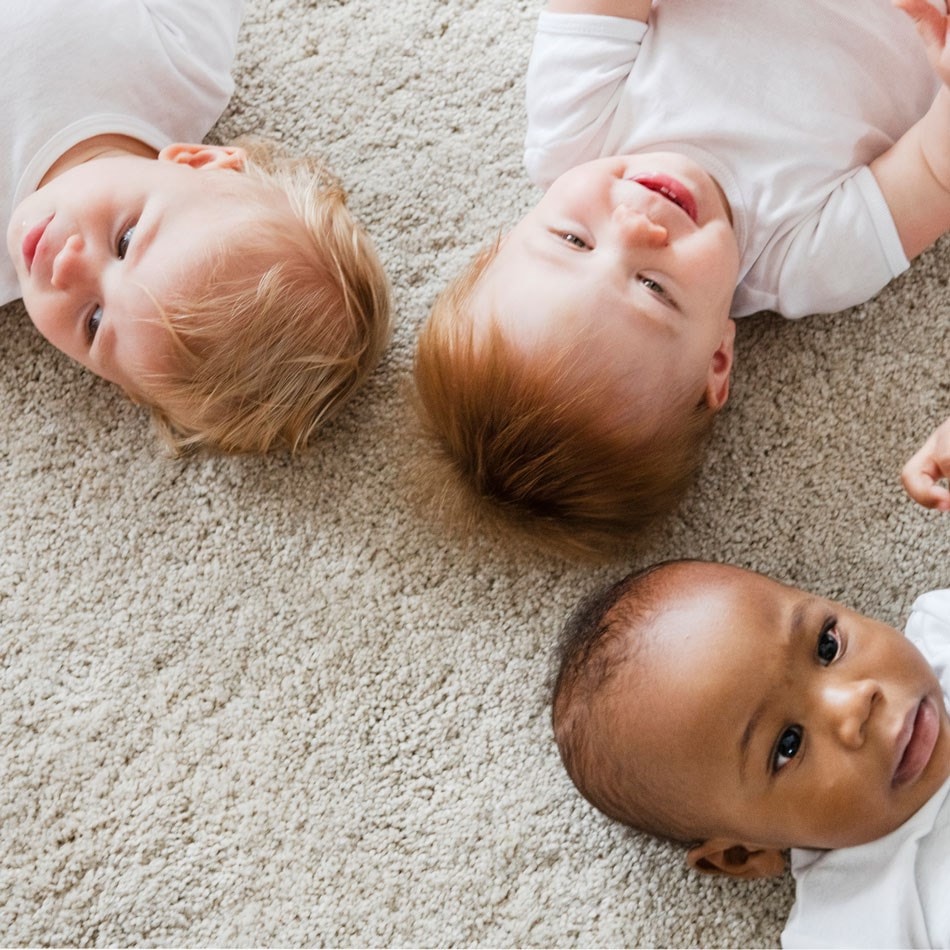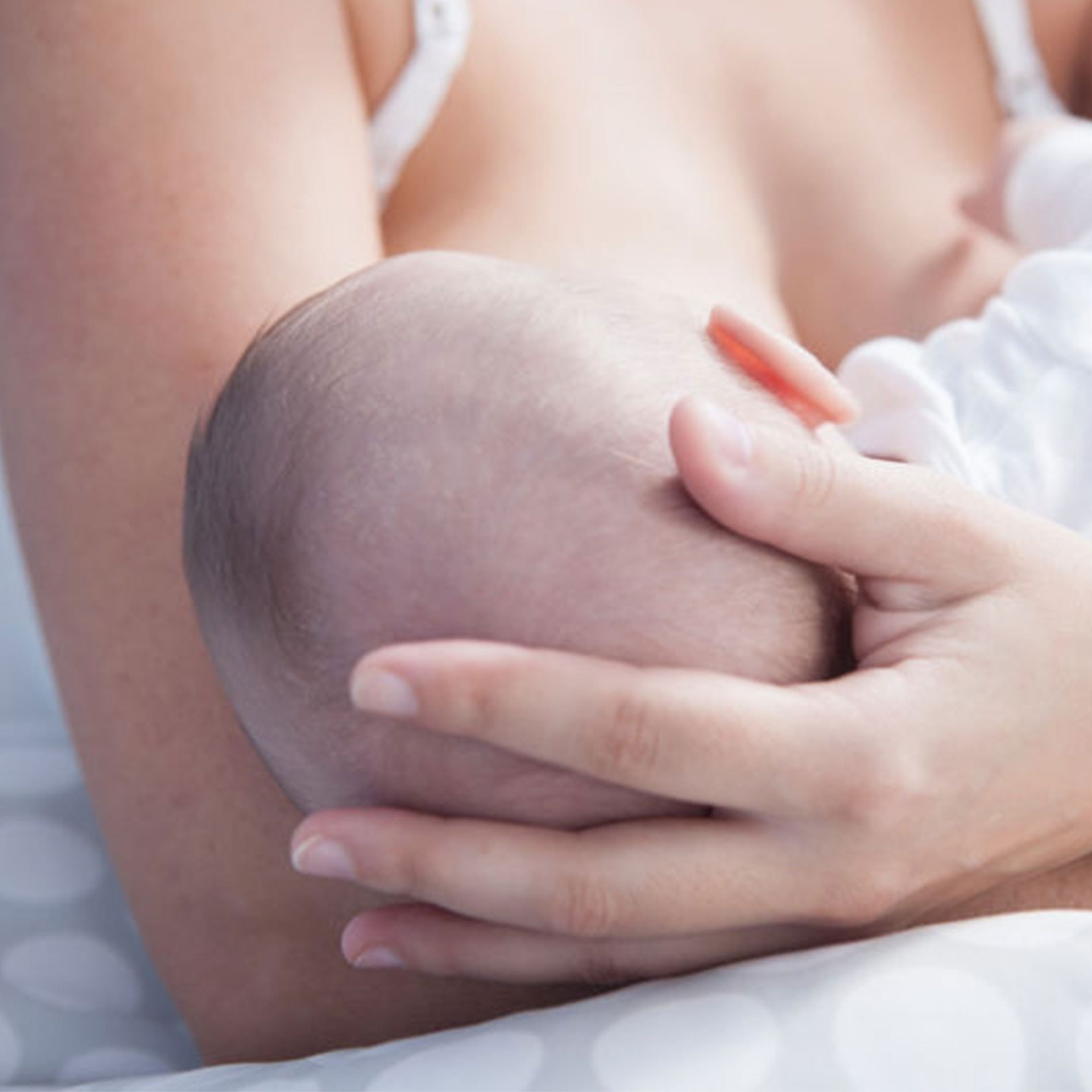Vaginal Fluid Swabs & C-sections
The latest evidence in probiotic research indicates that babies receive their first influx of beneficial bacteria as they pass down the birth canal during a normal vaginal delivery. This revelation now poses a concern for worried mums who must give birth to their children via Caesarean section, as this means that these babies will bypass the valuable journey that shapes their future microbiome.
Instead of mum’s microbiota, it’s thought that infants born by C-section are first colonised with a variety of random species of bacteria that may be floating around the delivery room, – not a great start for their populations of friendly flora!
Read more about this in Joanna’s previous blog: Microbirth: New film highlights the importance of vaginal birth for babies’ microbiome

To substantiate this theory, babies born by C-section typically go on to experience more health issues than those born vaginally; they appear to have a greater susceptibility to immune and metabolic disorders, resulting in allergic conditions like eczema or asthma, or obesity. Jacob explained about this in his earlier blog: ‘C-section babies at higher risk of allergies'
Responding to these concerns, a research team in New York initially began a small, tentative study that monitored seven babies who had been born vaginally, and compared them with eleven infants who had been born by Caesarean. Of the C-section births, four babies were subsequently swabbed with a sample of bacteria from their mother’s vaginal fluid. For the next month, over 1,500 samples were taken from different parts of the children’s bodies to assess the development of their bacterial residents. Results of the study have just been published in the journal Nature Medicine.
C-section babies show a lack of beneficial Lactobacillus species
It was found that those children who had had surgical births harboured almost none of the two species of lactic-acid producing bacteria, Lactobacillus and Bacteroides, considered to be essential residents of a healthy gut flora. What was even more interesting to the researchers was the fact that those C-section infants who had received the swab of their mother’s flora developed bacterial populations which were more aligned with those babies who’d been born vaginally.In fact, not only their gut bacteria, but also their oral and skin colonies were found to be superior in those babies who had been exposed to their mum’s bacteria, either naturally or via the swab. It’s still not clear whether swabbing C-section babies can fully restore their delicate flora, or whether it will bestow future health benefits, but further research is planned.There's already mounting evidence to highlight the need to establish a healthy microbiome in our child's early years.

One of the co-authors of the study, Jose Clemente from the Mount Sinai School of Medicine in New York City, and his team, are planning to continue with the research, and hope to eventually identify exactly which species of bacteria are particularly beneficial for newborns. “Maybe 10 years in the future we can find a more effective way to deliver the important microbes,” he says. “The field is still very much in its infancy.”
Microbiologist Maria Gloria Dominguez-Bello of New York University, who led the pilot study commented: “What we are going to show is how babies assemble their microbiome. Do C-section babies ever catch up?”
Or do they need a little help in the form of probiotic supplements? Time will tell, and we will be keeping a close watch on this one.
For more related articles and information pages, click on the following links:
Maternal gut bacteria may transfer to baby
For more about how mum can ensure good intestinal and vaginal health during pregnancy, see ‘Which probiotics are best for women?’
Don't forget that babies get beneficial bacteria via Mum's breast milk too - read this for more info: Beneficial bacteria found in breast milk
References
- Maria G Dominguez-Bello, (2016) Partial restoration of the microbiota of cesarean-born infants via vaginal microbial transfer, Nature Medicine: doi:10.1038/nm.403
- https://www.newscientist.com/article/2075768-boost-c-section-babies-by-giving-them-vaginal-bacteria/
- http://www.independent.co.uk/life-style/health-and-families/health-news/c-section-babies-may-get-health-boost-from-vaginal-bacteria-swab-a6849216.html
Popular Articles
View all Children's Health articles-
Children's Health13 Oct 2023

